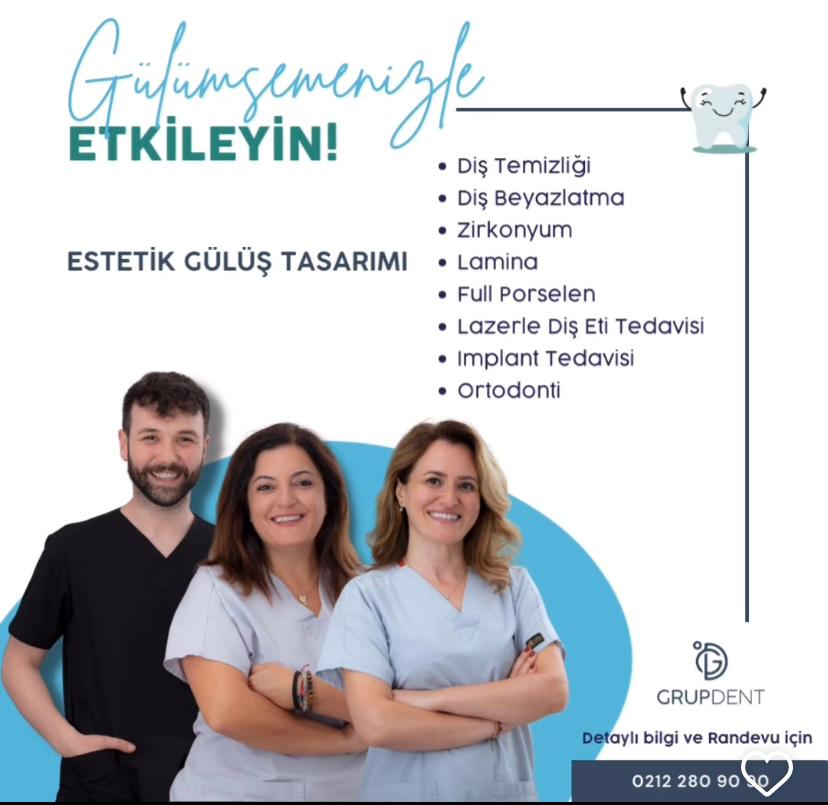The most common operation performed by oral and maxillofacial surgeons is the extraction or operations of the wisdom teeth, which cause the most problems since adolescence and the most complications can be seen after extractions. It is given different names such as wisdom tooth, 20-year-old tooth and 3rd molar tooth. Trying to erupt after people have completed their teeth and jaw development often causes the teeth to remain trapped. The problems caused by these teeth, which are located in the last region of the upper and lower jawbones, are gum infection, bone infection, orthodontic problems, caries in the adjacent tooth, formation of cysts and tumors in the jawbones. Teeth that start to appear in the 9-11 age range in the X-rays of the jaw, depending on the person’s bone and tooth development completion stage, may be seen in the mouth between the ages of 15 -25 years. This group of teeth may not develop at all and remain impacted or not formed at all. During its eruption, it can cause ear pain along with the complaint of pain in the jaw area in the area where it is located. For this reason, patients can also apply to an otolaryngologist.
There is the potential to form cysts and tumors in the area where the impacted wisdom teeth are located. It should be followed carefully, and the wisdom teeth examination of adolescent children should not be skipped; when a cyst or tumor develops, removing it before it grows will cause less harm to the patient. Wisdom teeth are the teeth with the most complications after extraction or operations; swelling in the face and jaw, gingival and bone infection, pain, bleeding, numbness, and jaw fracture are complications that may occur.
The decision whether or not to take the non-problematic wisdom teeth differs according to different countries. If this tooth group, which has the highest probability of complications during extraction or after extraction, remains in place without causing any problems, the decision whether to remove the tooth or not should be made by considering the patient’s condition and the position of the tooth. Of course, teeth that have formed cysts and tumors in the jaws and have permanent soft tissue-bone infection should be removed. In the current situation, the condition of the teeth that do not make any complaints or have completely erupted can be left in place by explaining to the patient. It is a logical decision to leave a tooth that has not created any problems or has the potential to cause any problems, does not have any pathology, but can cause numbness in the jaws during extraction.
Prof. Dr. Hülya Koçak Berberoğlu
University of Istanbul
Faculty of Dentistry,
Department of Oral and Maxillofacial Surgery


